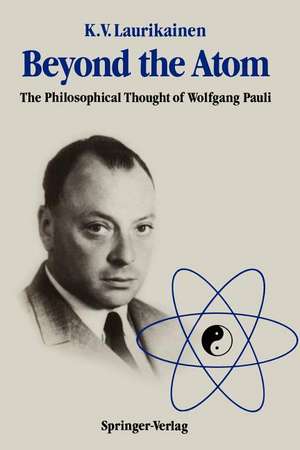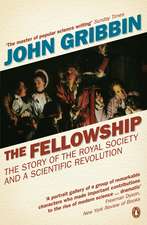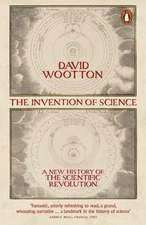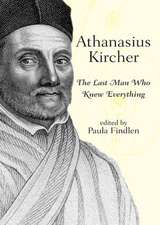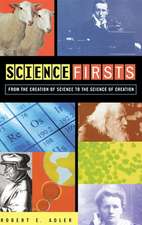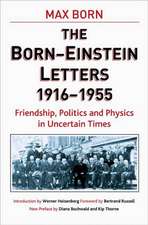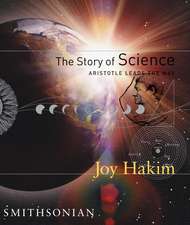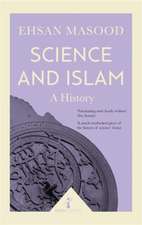Beyond the Atom: The Philosophical Thought of Wolfgang Pauli
Autor Kalervo V. Laurikainenen Limba Engleză Paperback – 23 noi 1988
Preț: 385.84 lei
Nou
Puncte Express: 579
Preț estimativ în valută:
73.83€ • 76.17$ • 61.61£
73.83€ • 76.17$ • 61.61£
Carte tipărită la comandă
Livrare economică 26 martie-09 aprilie
Preluare comenzi: 021 569.72.76
Specificații
ISBN-13: 9783540194569
ISBN-10: 3540194568
Pagini: 256
Ilustrații: XIX, 234 p.
Dimensiuni: 155 x 235 x 13 mm
Greutate: 0.36 kg
Ediția:Softcover reprint of the original 1st ed. 1988
Editura: Springer Berlin, Heidelberg
Colecția Springer
Locul publicării:Berlin, Heidelberg, Germany
ISBN-10: 3540194568
Pagini: 256
Ilustrații: XIX, 234 p.
Dimensiuni: 155 x 235 x 13 mm
Greutate: 0.36 kg
Ediția:Softcover reprint of the original 1st ed. 1988
Editura: Springer Berlin, Heidelberg
Colecția Springer
Locul publicării:Berlin, Heidelberg, Germany
Public țintă
Professional/practitionerCuprins
I Introduction.- Biographical Information.- II Positivism and Realism.- Pauli’s Positivism.- Pauli’s Realism.- III The Reality of Opposites.- Seekers of Another Way.- Absolute Causality and Freedom.- IV The Metaphysical Roots of Science.- The Birth of a Mathematical Natural Science.- A New Concept of Causality.- V Spirit and Matter.- The Twilight of Parallelism.- Statistical Causality.- The Idea of a Detached Observer.- In Conclusion.- VI The Limits of Knowledge.- Uncertainty.- Pauli’s Attitude.- Archetypes.- Sychronicity.- VII Mysticism.- Another Way.- Explanatory Comments.- Die Wissenschaft und das abendländische Denken (1955).- VIII The Problem of Evil.- Irrationality and Evil.- Excerpts from Pauli’s Letter to Fierz of Oct. 11, 1953.- Henry More: The Dream of Bathynous.- The Darker Side of God.- A Certain Dream.- IX Quaternity.- The Number Four and Reality.- The Problem of “The Fourth”.- Where Leads the Road?.- The Quarternarian Concept of Reality.- X Transcendental Reality.- Synchronicity.- Observer and Observed.- The Veiled Reality.- The Irrational Dimensions of Reality.- Appendices.
